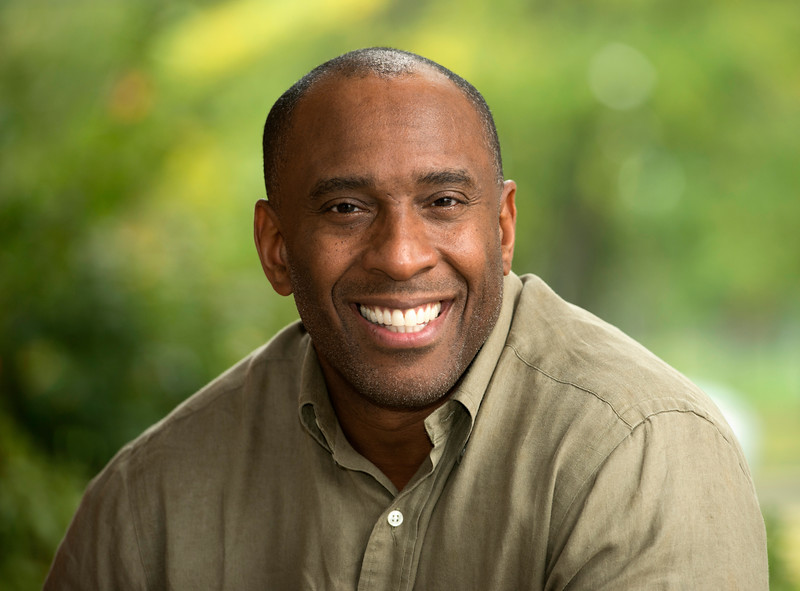Statistically speaking, Quintin Robinson should have been an academic failure. As a black male growing up in a single-parent home in rough-and-tumble Compton, Calif., just south of Los Angeles, Robinson had many of the well-known risk factors stacked against him.
He gives much of the credit for beating the odds to his mother.
“My father died when I was really young and my mother raised all six of us. She really pushed education and she pushed doing things for yourself,” says Robinson, the newest faculty member in Southern’s Educational Leadership Department.
Robinson’s own life experience fueled his decision to focus his research on African-American males who were thriving academically, despite attending “failing” inner-city schools and living in homes with an absent father. Specifically, he wanted to examine the role their mothers played in their sons’ success. In every case, he found one common denominator: a mother who relentlessly pushed her son to achieve. His findings were published in the November 2013 edition of Multicultural Perspectives, the journal of the National Association for Multicultural Education.
“These black mothers were very motivated toward seeing their sons be successful,” Robinson says. “They were looking at their sons as being the game-changer in the family. They felt that if they invested something in their child now, then later on these children would come back and help them and help the household out.”
A record four in 10 births in the United States in 2008 were to unmarried women, up from 28 percent in 1990, according to U.S. Census figures. Of those, African-American women had the highest share of births to unwed mothers, at 72 percent.
While research shows children in single-parent homes are more likely to live in poverty and do poorly in school, Robinson says his research suggests that investments in parental education and parent engagement programs can mitigate those disadvantages.
“If these mothers were doing such a great job with these boys with no tools at all, then imagine what we could do if we started to really educate these mothers?” he asked.
Robinson, an associate professor in educational leadership and policy studies, had always been interested in the achievement gap between African-American males and their white peers. But rather than add to the piles of research that already existed about the reasons for the academic failures of black men, he wanted to find out why some managed to succeed despite overwhelming obstacles.
He did his initial research in the Los Angeles Unified School District, visiting two failing schools in the throes of state takeovers to look for case studies. His sought out male students with at least a 3.0 GPA who were living with their birth mothers in homes that lacked the presence of an adult male for at least four years before the study. Mothers who were college graduates were excluded from the study.
Through interviews, home visits and focus groups with five students and their mothers, a pattern emerged of mothers who “took full responsibility for raising their sons, encouraged them to do well at school, and held them to high standards in the classroom and at home,” according to the study. “These young men described anything but parents who ‘sit on the sidelines’ and allow their children to be victimized by an unsympathetic educational system.”
Rather than using school-driven techniques to motivate their sons, the mothers used whatever methods they thought might work. One mom threatened to take away football – her son’s passion – if his grades slipped; another sought to influence her son through church.
What surprised Robinson most was the mothers’ craving for guidance and advice. Because the mothers in the study lacked formal education, many said they felt intimidated by school officials or uncomfortable approaching school officials on their own, and felt educators were sometimes dismissive of their concerns.
Yet, Robinson says, “these mothers wanted to engage with someone – they were looking for the opportunity.”
“They were eager to talk about what they had been doing, and what they could do better,” he explains. “I think if we start working closely with parents, then they will start doing the heavy lifting for us down the road.”


